Matching numbers Numbers Worksheets for Ages 4-7
10 filtered results
-
From - To
Welcome to our Matching Numbers Worksheets for Ages 4-7! These engaging and educational resources are designed to enhance your child's number recognition and counting skills through fun matching activities. Perfect for preschoolers and early elementary students, our worksheets feature vibrant images and intuitive exercises that not only keep young learners entertained but also promote their confidence in understanding basic math concepts. With a wide range of creative games and puzzles, kids will effortlessly build a strong numerical foundation, setting the stage for future math success. Give your child the ultimate head start in mathematics with our expertly crafted matching numbers worksheets!
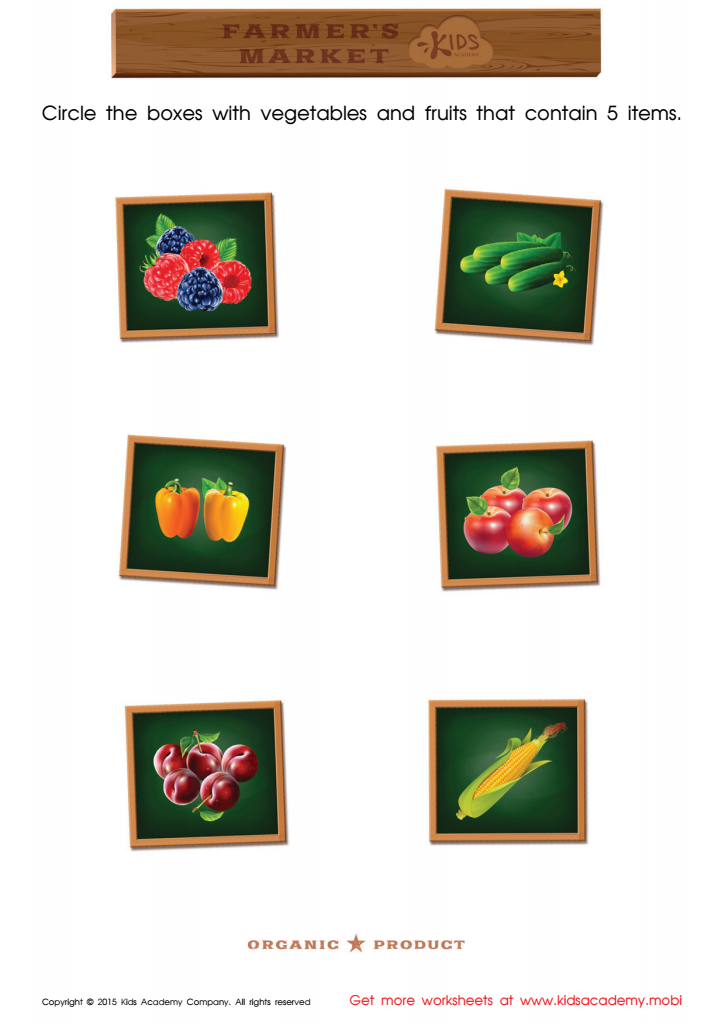

Count and Match Vegetables 1 – 7 Math Worksheet
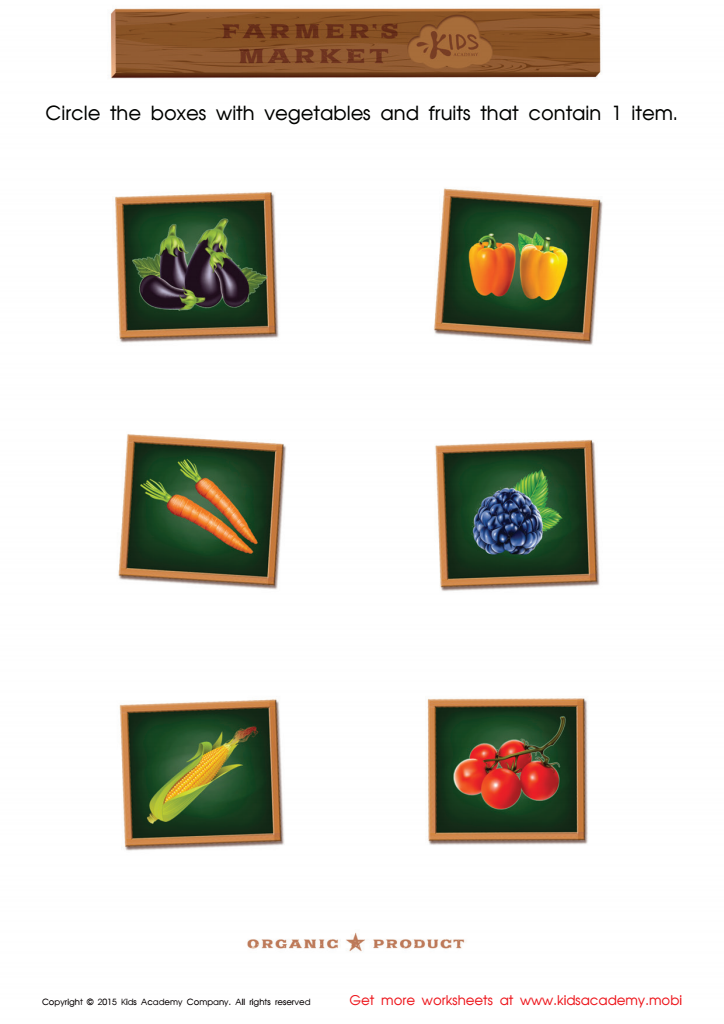

Count and Match Boxes with Vegetables
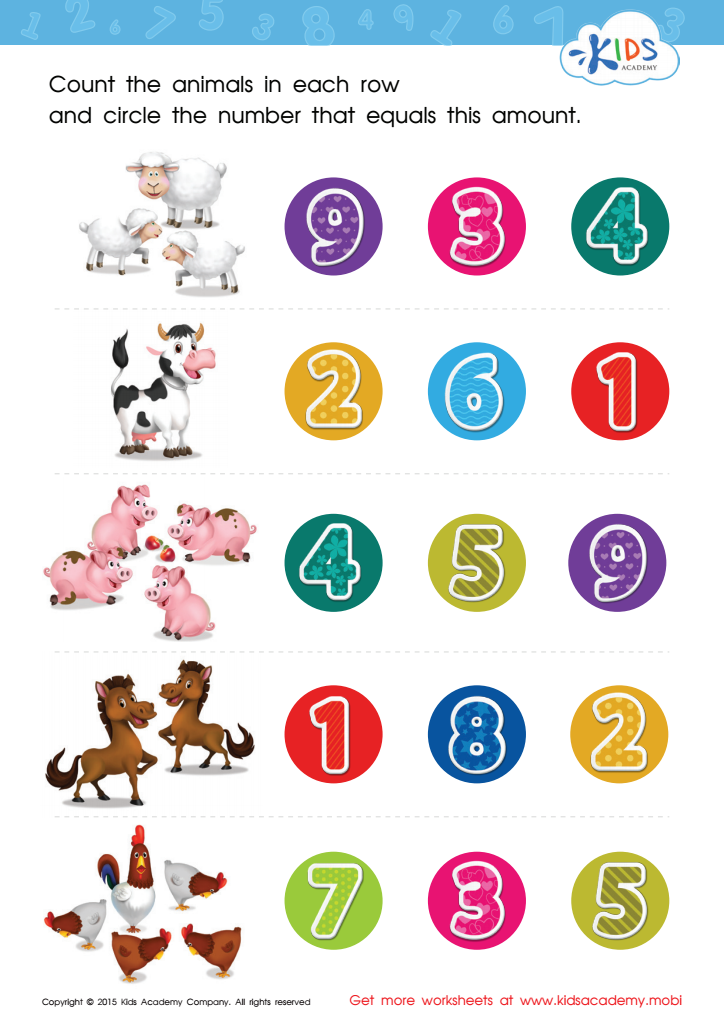

Count and Match 1 – 5 Math Worksheet
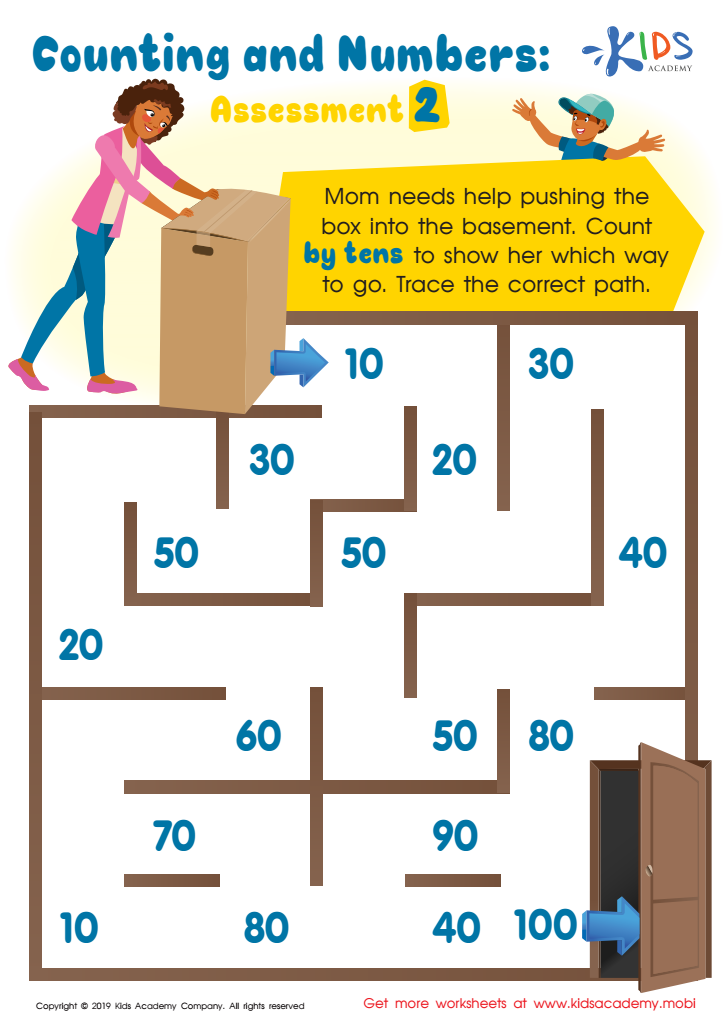

Counting and Numbers: Assessment 2 Worksheet
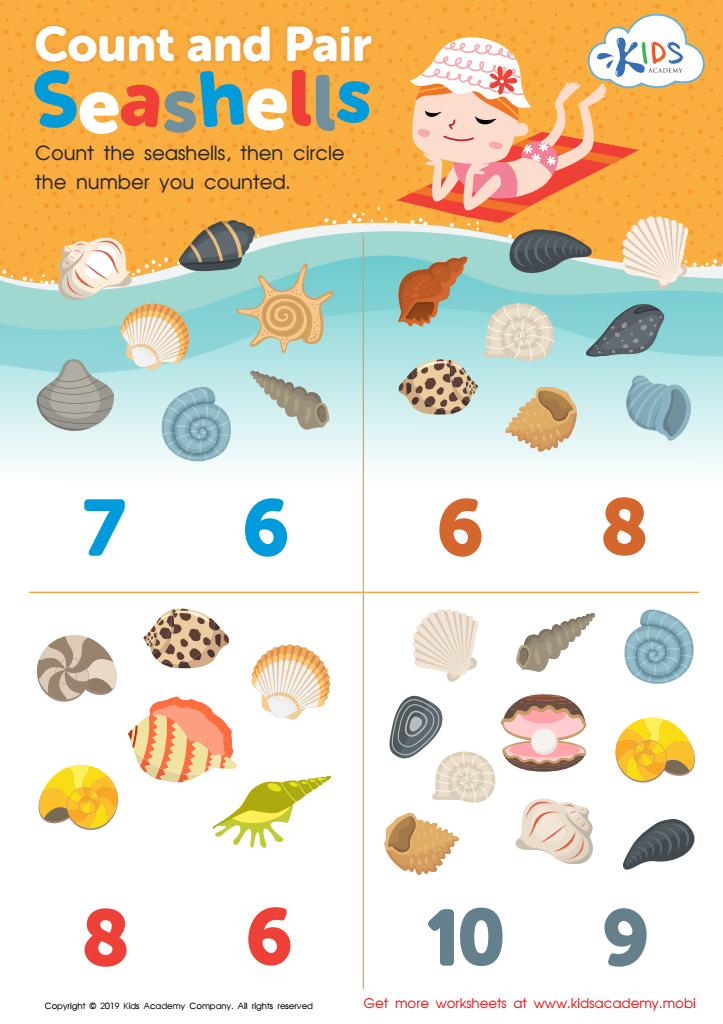

Count and Pair Seashells Worksheet
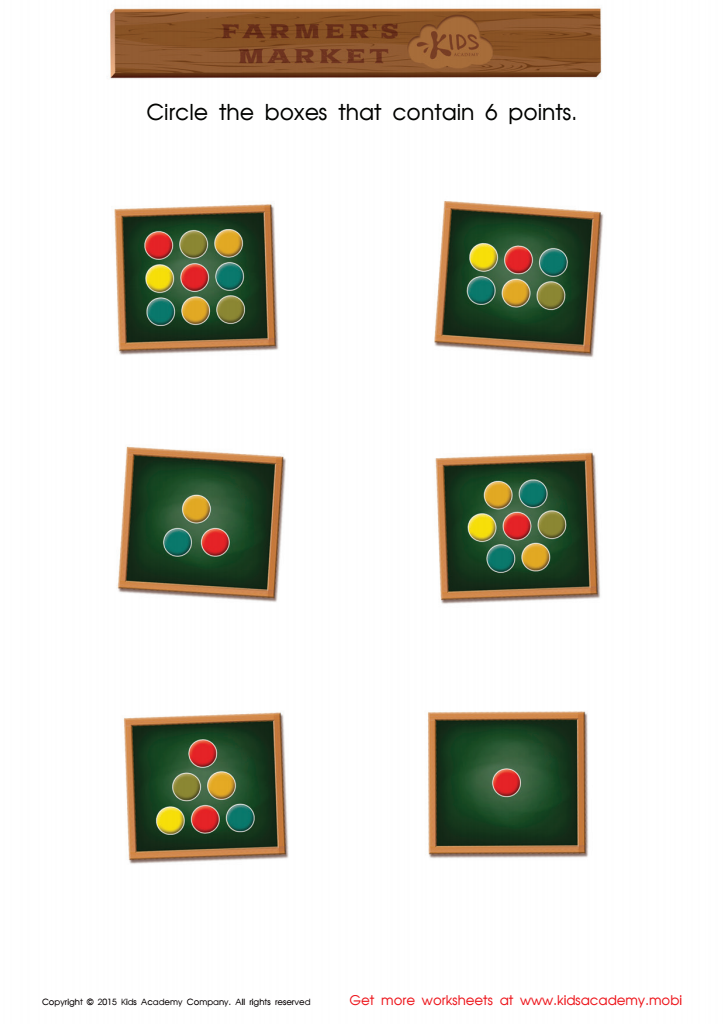

Count and Match Points 6 Math Worksheet
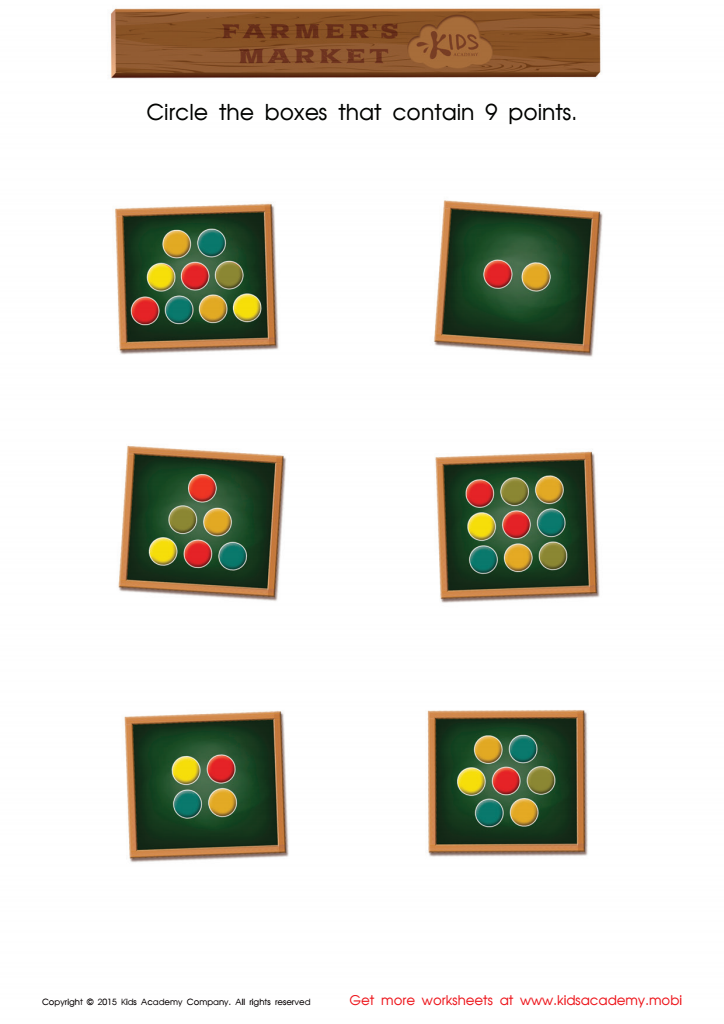

Count and Match Points 9 Math Worksheet
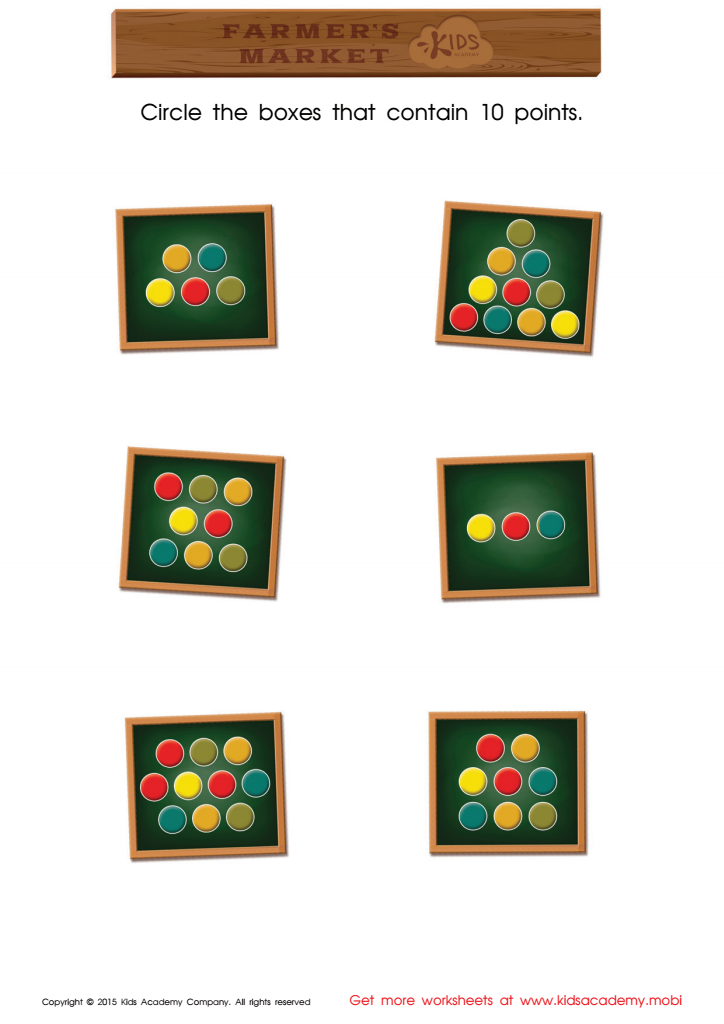

Count and Match Points 10 Math Worksheet
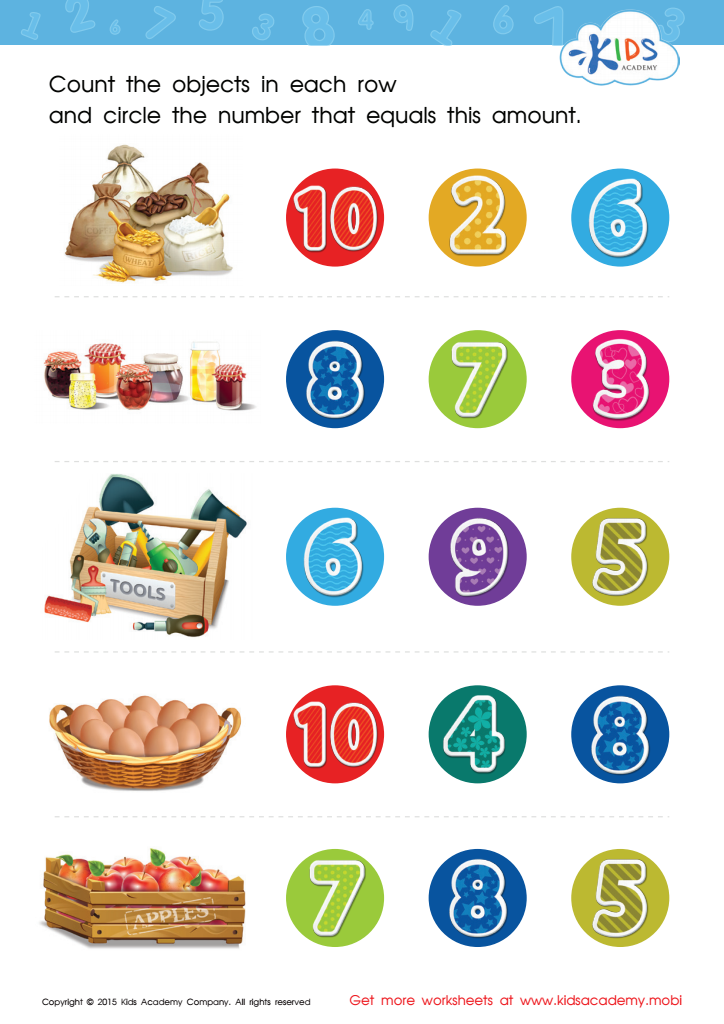

Count and Match 6 – 10 Math Worksheet
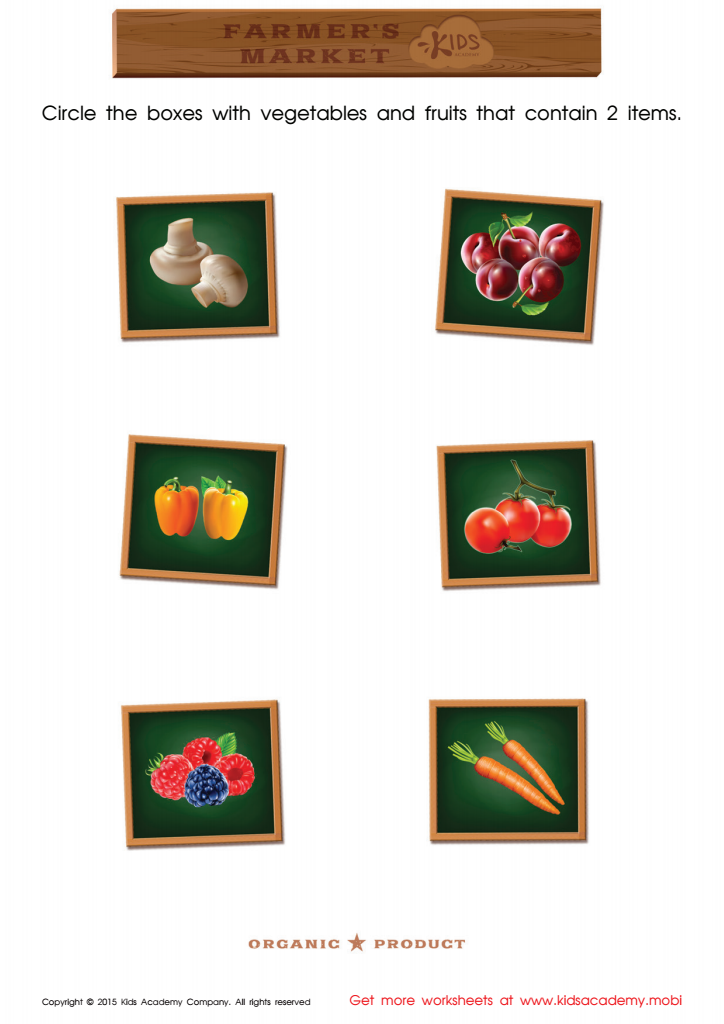

Count and Match Vegetables and Points Math Worksheet
Introducing matching numbers games to children ages 4-7 is essential for their cognitive and mathematical development. During these formative years, young minds are like sponges, readily absorbing new information and concepts. Matching numbers activities help kids develop a fundamental understanding of numbers and counting, which are the building blocks of more advanced math skills later on.
Firstly, these games enhance number recognition, allowing children to identify and differentiate between various numerals. This skill is critical as it forms the basis for performing arithmetic operations and understanding number sequences. Secondly, matching numbers games improve memory and concentration. Remembering where numbers are located and matching them effectively exercises young minds, fostering better focus and persistence.
In addition to cognitive benefits, matching numbers activities also promote fine motor skills. Handling cards or pieces to match them involves precise hand movements, which refine coordination. Moreover, such games provide an excellent platform for social interaction and teamwork when played in a group, teaching children the importance of cooperation and taking turns.
Parents and teachers should care about matching numbers games because they lay a strong numerical foundation, boost cognitive skills, reinforce fine motor control, and foster important social interactions, equipping children with essential tools for their future academic and personal growth.
 Assign to My Students
Assign to My Students






















